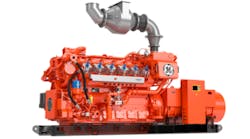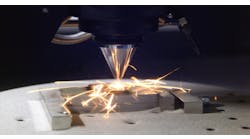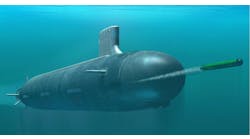General Electric is combining three of its product lines into a new business unit, Distributed Power, identifying a series of opportunities for developing and supplying on-site power systems. The industrial conglomerate also indicated plans to invest $1.4 billion in the new business over four years to meet the global demand for such systems.
Distributed power, or distributed generation, is the generic term for on-site or decentralized electrical generation, typically taking advantage of available energy sources, co-generation systems, or auxiliary systems, like solar, wind, or hydropower plants. GE forecasts distributed power will grow 40% faster than global electricity demand from today until 2020.
The GE Distributed Power business combines the existing Aeroderivative Gas Turbines, Jenbacher Gas Engines and Waukesha Gas Engines product lines. Each one is identified with the different product or market applications that GE offered in explaining its new organizational strategy.
As outlined in “The Rise of Distributed Power,” a white paper that GE released, distributed power installations are increasing in countries that need more reliable power sources, and/or more efficient-energy options, near the point of use, whether on or off the grid.
Also, communities as well as businesses are installing distributed power systems to improve access to electricity in remote areas where the grid is poor or does not exist. In both developing and developed economies, industrial users are adopting distributed power to improve industrial and residential energy efficiency, and to ensure they have power available in the event of natural disasters and other emergency situations.
In one specific industry, oil and natural gas, the producers rely on on-site power to provide electricity to remote operations, as well as mechanical power to pump and compress gas.
In coordination with the announcement at an event in Jakarta, Indonesia, GE announced a series of agreements to develop distributed power projects in the Southeast Asian region. These include memoranda of understanding with Clean Power Indonesia and PLN to develop and deploy an integrated biomass gasification power system; and two gas engine supply-and-service agreements with developer Navigat Energy Pte. Ltd to provide 100 new Jenbacher gas engines, to generate a total of 330 MW at independent power production sites in Indonesia and Thailand.
Other announcements included projects calling for natural gas engines, and more systems and services for on-site power projects.
“With more than 1.3 billion people lacking access to reliable power today, our Distributed Power business is ideally positioned to serve communities in both developing and industrialized countries where we see a growing demand for distributed power solutions to improve local energy security and comply with more stringent environmental regulations,” stated Lorraine Bolsinger, president and CEO the new business.






